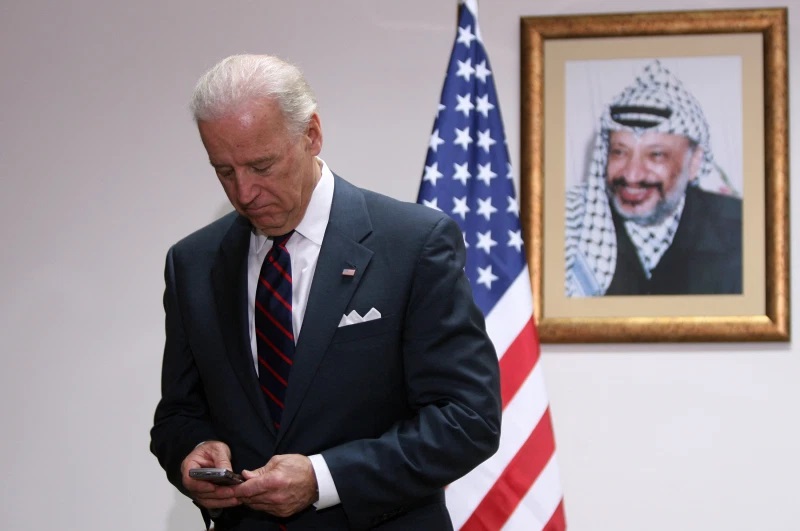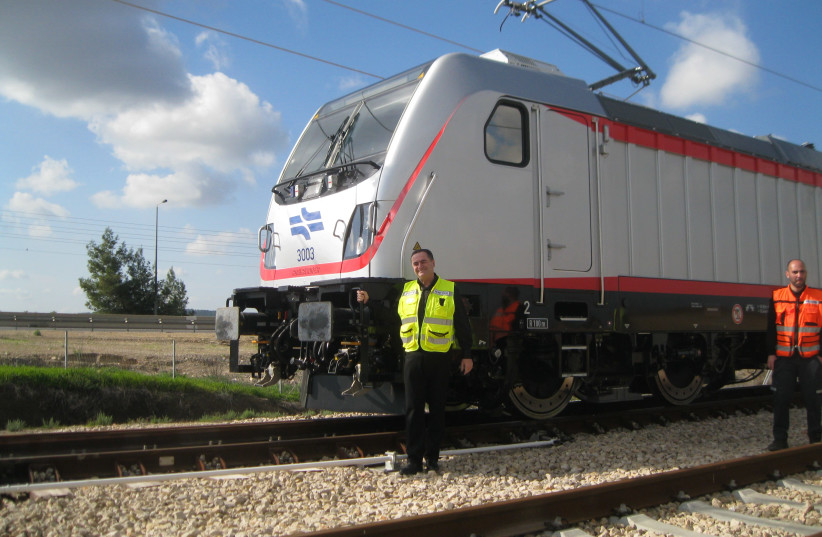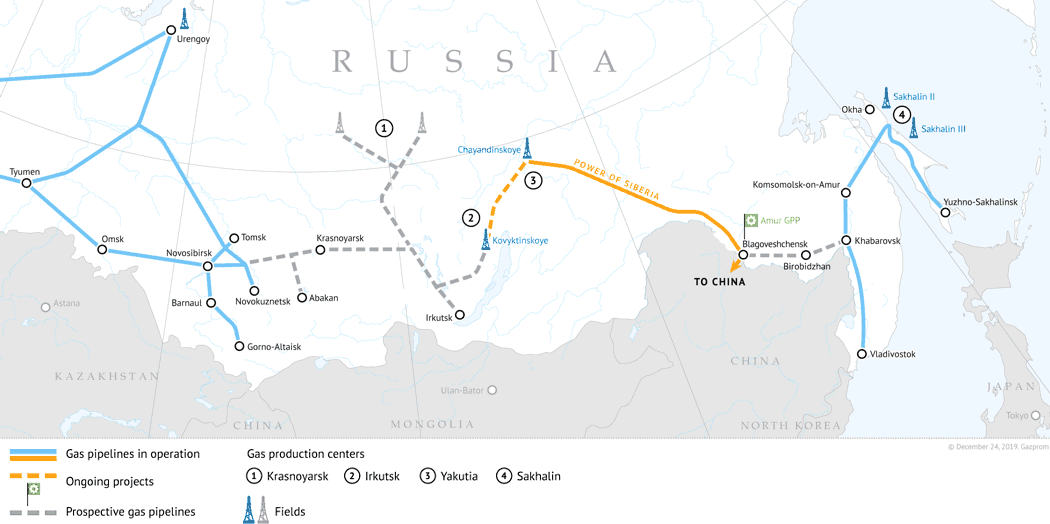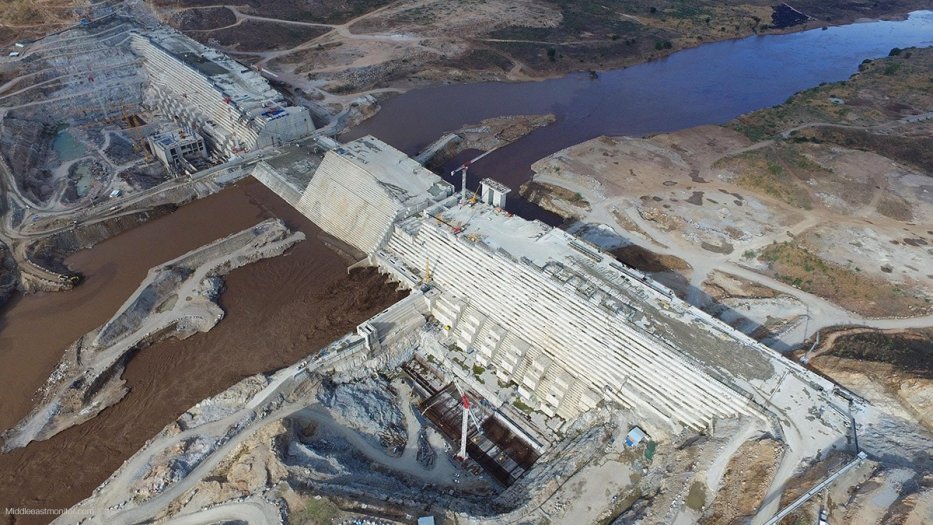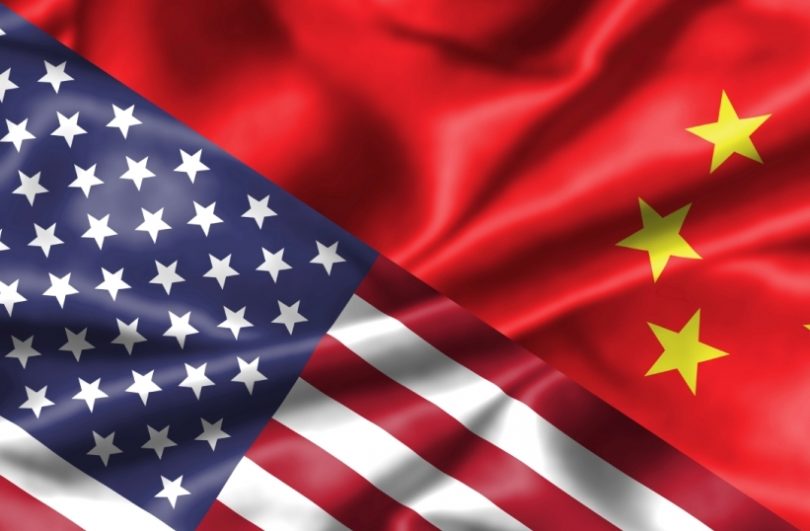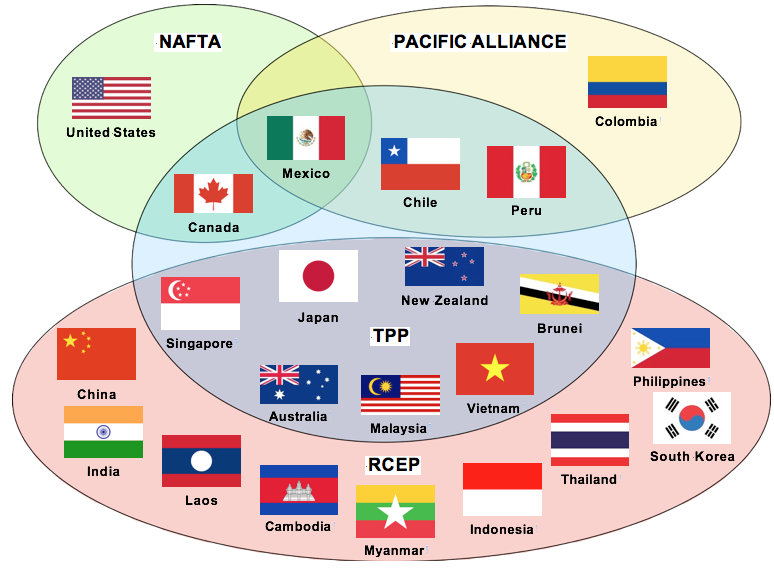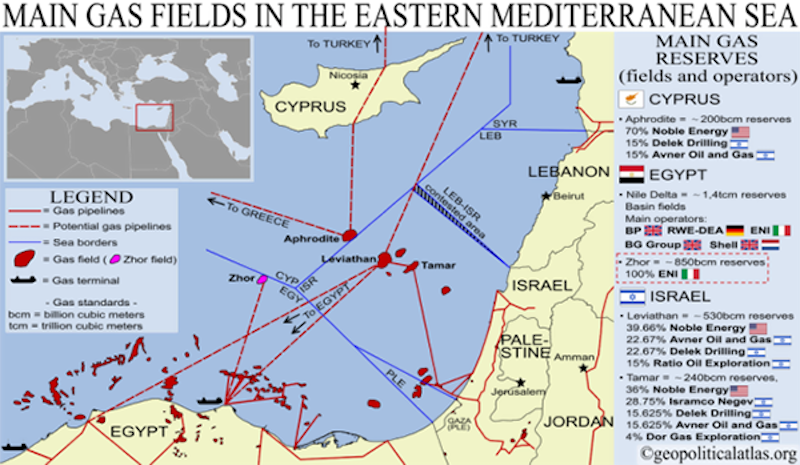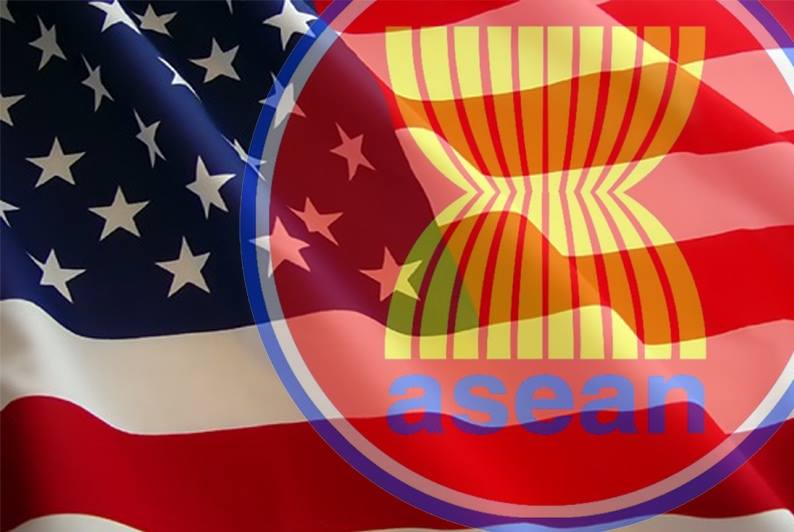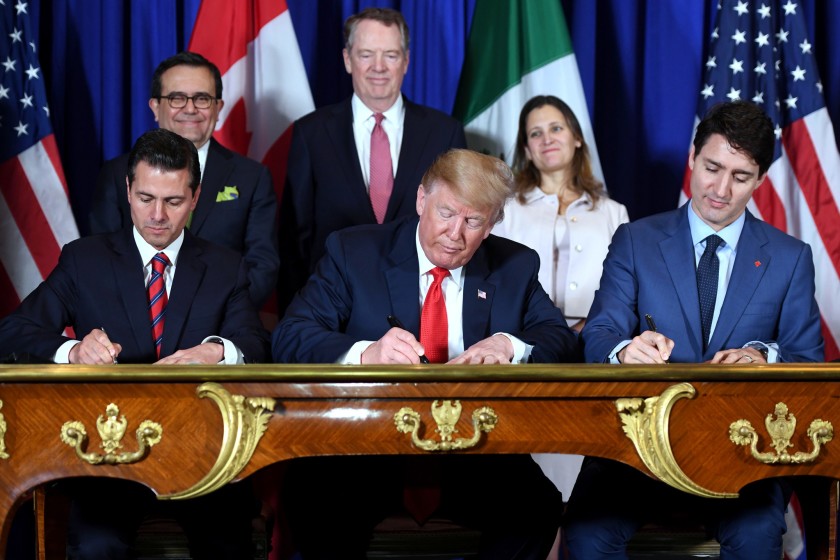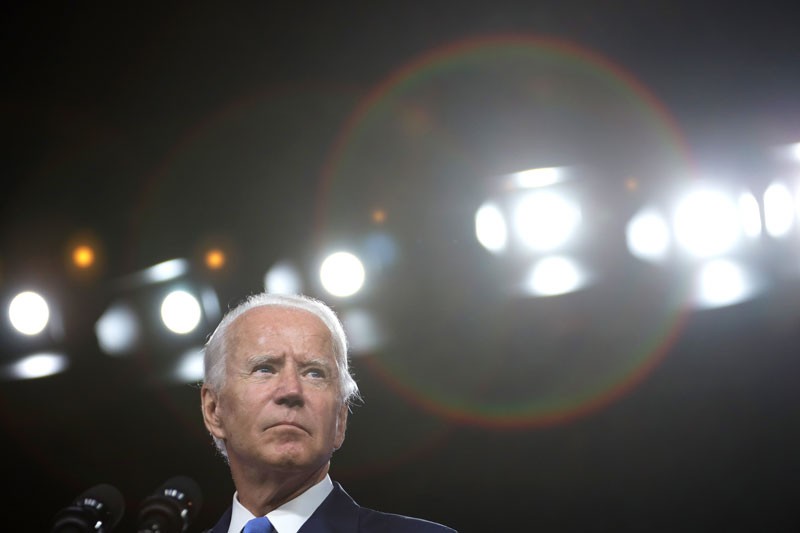The Impact of Biden’s Victory on the Middle East Economy
PEJOURNAL - With Biden elected president of the United States, some Middle Eastern countries have been locked up. Israel-U.S. relations, which were influenced by the warm relations between Jared Kushner, Trump's son-in-law, and Israeli Prime Minister Benjamin Netanyahu, will no longer continue under Biden, and Saudi Arabia is likely to face increased congressional oversight of the country's human rights issues. Leaders of Middle Eastern countries also know very well that Biden's vision does not necessarily have in common with their approaches. But regardless of the political consequences, the Middle East must wait for the economic gains from Biden's victory," Amjad…
